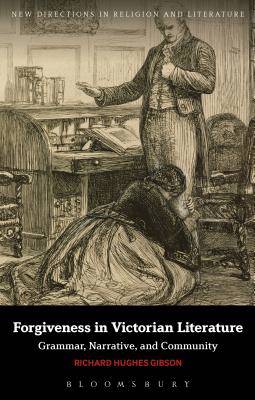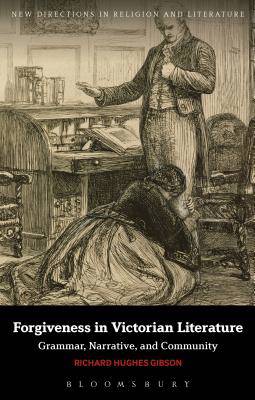
- Retrait gratuit dans votre magasin Club
- 7.000.000 titres dans notre catalogue
- Payer en toute sécurité
- Toujours un magasin près de chez vous
- Retrait gratuit dans votre magasin Club
- 7.000.0000 titres dans notre catalogue
- Payer en toute sécurité
- Toujours un magasin près de chez vous
228,95 €
+ 457 points
Format
Description
Forgiveness was a preoccupation of writers in the Victorian period, bridging literatures highbrow and low, sacred and secular. Yet if forgiveness represented a common value and language, literary scholarship has often ignored the diverse meanings and practices behind this apparently uncomplicated value in the Victorian period. Forgiveness in Victorian Literature examines how eminent writers such as Charles Dickens, George Eliot, Thomas Hardy, and Oscar Wilde wrestled with the religious and social meanings of forgiveness in an age of theological controversy and increasing pluralism in ethical matters.
In novels, poems, and essays, Richard Gibson here discovers unorthodox uses of the language of forgiveness and delicate negotiations between rival ethical and religious frameworks, which complicated forgiveness's traditional powers to create or restore community and, within narratives, offered resolution and closure. Illuminated by contemporary philosophical and theological investigations of forgiveness, this study also suggests that Victorian literature offers new perspectives on the ongoing debate about the possibility and potency of forgiving.Spécifications
Parties prenantes
- Auteur(s) :
- Editeur:
Contenu
- Nombre de pages :
- 184
- Langue:
- Anglais
- Collection :
Caractéristiques
- EAN:
- 9781780937113
- Date de parution :
- 26-03-15
- Format:
- Livre relié
- Format numérique:
- Genaaid
- Dimensions :
- 140 mm x 216 mm
- Poids :
- 362 g

Les avis
Nous publions uniquement les avis qui respectent les conditions requises. Consultez nos conditions pour les avis.






